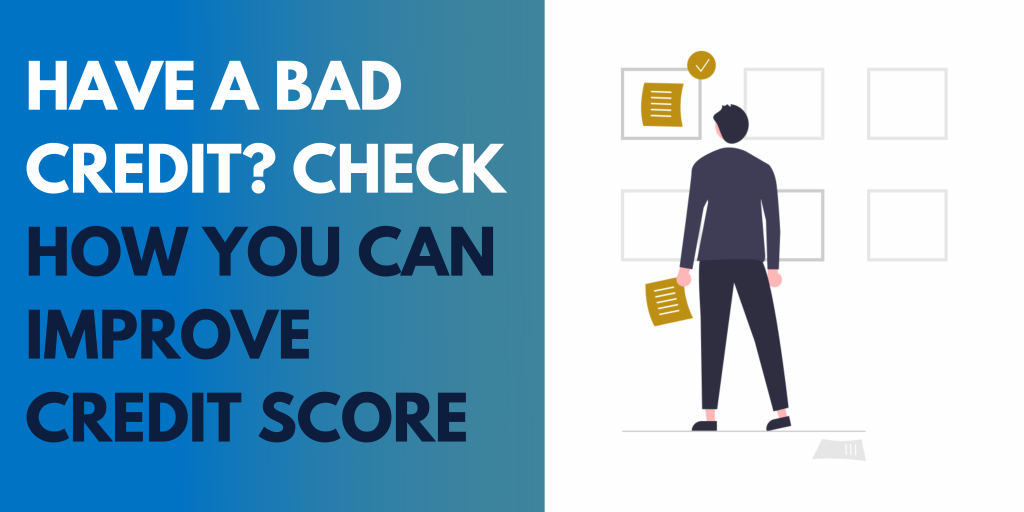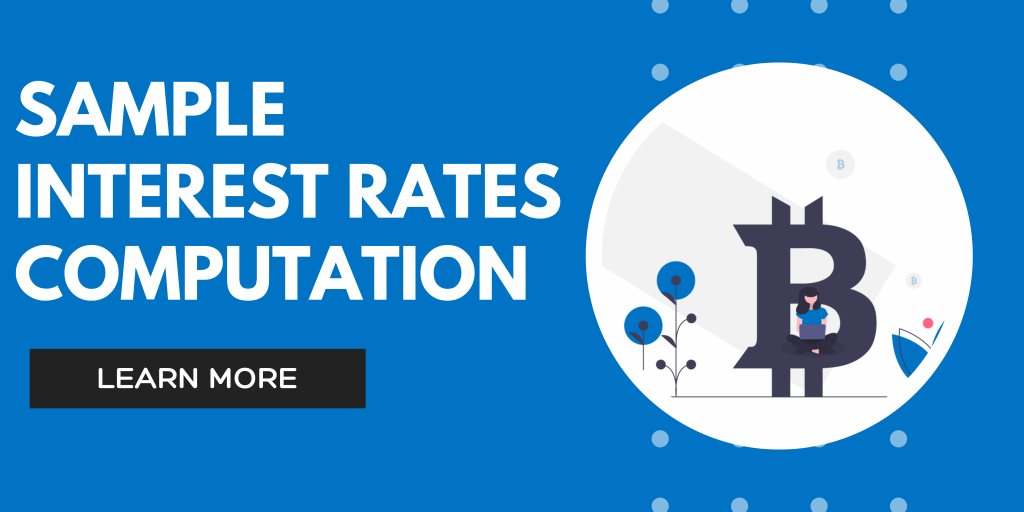If you’re a business owner looking for a way to expand your property portfolio, you may wonder about FHA multifamily loans. This type of loan can be an excellent option for business owners who want to purchase or refinance a multifamily property.
In this article, we will discuss what FHA multifamily loans are and how they can benefit your business.
Defining FHA
The Federal Housing Administration protects lenders from losses by insuring loans made by FHA-approved lenders.
The FHA does not make home loans; it insures mortgage lenders against loss if borrowers default on their loans. The FHA was created in 1934 as part of the National Housing Act.
It was designed to help make home ownership more affordable and accessible to many Americans. Today, the FHA insures more than 36 million single-family homes and almost 8 million condo units single-family FHA loans.
What Are FHA Multifamily Loans?
When you hear the term FHA multifamily loans, it refers to a type of loan insured by the FHA and uses to purchase or refinance a multifamily property. FHA-insured multifamily loans are typically used for purchasing or refinancing apartment complexes or other rental income-producing properties with two or more units.
These loans provide borrowers with more flexibility, as they typically have lower down payments and longer repayment terms than other types of financing.
In addition, FHA multifamily loans offer several advantages over traditional mortgage loan, such as:

Lower Interest Rates
FHA multifamily loans offer some of the lowest interest rates for apartment buildings and other properties. As a result, it makes them an attractive financing option for many investors and developers.
However, there are also some essential considerations when considering an FHA loan. To qualify for the loan, the borrower’s credit score must be 620 or above.
In addition, the property must be owner-occupied, and at least 50% of the units must be leased to tenants who use the dwelling as their primary residence. Finally, the loan term is typically limited to 30 years, which may be better for investors looking for a longer-term investment.
Flexible Credit Requirements
In today’s economy, many people find it difficult to obtain credit. Banks and other lending institutions have become much more strict in their requirements, and as a result, many people are being denied the loans they need.
However, there are still some options available for those with less-than-perfect credit. For example, you’re more likely to be approved for a loan from a lender that specializes in bad credit loans than you are from a traditional bank.
As a result, obtaining the financing you need is still possible, even if your credit could be better.

Longer Loan Terms
Loan terms for FHA multifamily loans have been lengthened to 40 years to make these loans more affordable and accessible. The change is part of the FHA’s ongoing effort to provide quality existing multifamily rental housing options for low- and moderate-income families.
In addition to lengthening loan terms, the FHA has also lowered down payment requirements and instituted several other reforms that have made these loans more available and affordable.
Lower Down Payments
The FHA multifamily loan programs provide a great financing option for investors who purchase or refinance properties with lower down payments. The minimum down payment for these loans is only 3.5%, making them an attractive option for investors who may not have the usual 20% down payment for conventional loans.
In addition, the FHA multifamily loan programs offer more flexible underwriting standards than conventional loans, making them a good option for investors with less-than-perfect credit histories.
No Prepayment Penalty
One of the most significant benefits of FHA multifamily financing is that there is no prepayment penalty. As a result, borrowers can pay off their loans early without incurring additional fees.
It allows borrowers to refinance their loans if interest rates decline or sell the property before the loan term expires. As a result, FHA multifamily loans are an attractive financing option for borrowers who want the flexibility to prepay their loans without incurring any penalties.
Minimal Paperwork And Processing Time
FHA multifamily loans offer shorter processing times and less paperwork than other types. In addition, FHA loans are available for various properties, including new construction, rehabilitated properties, and even properties that need substantial repair work.
As a result, FHA loans can be a flexible and convenient option for investors looking to finance multifamily properties.
How Does FHA Benefit Business Owners?
FHA multifamily loans can benefit business owners looking to purchase or refinance a property. These loans have lower down payments and interest rates than traditional mortgages, making them an attractive financing option for many businesses.
In addition, FHA offers more flexible credit requirements, so even if you don’t have perfect credit, you may still qualify for a loan. The extended loan terms also make it easier to manage your cash flow, as you’ll have more time to repay the loan.
Finally, FHA multifamily loans require minimal paperwork and processing time, so you can get financing quickly and begin implementing your plans.

Discussing FHA’s Multifamily Loan Requirements
If you’re interested in applying for an FHA multifamily loan, you must meet a few requirements.
A Credit Score Of No Lower Than 580 And A Debt-To-Income Ratio of 43%
Most lenders require a 580 or higher credit score if you want to borrow money from them, with a maximum debt-to-income ratio of 43%. However, remember that these are just the minimum requirements – if your financial situation is less than ideal, you may have difficulty qualifying for a loan.
Your credit score is vital to your financial well-being. You can check it for free online, and once you know what it is, you can start improving it. Say, for example, your debt-to-income ratio is relatively high. Before you can qualify for a loan, you may need to work towards paying down some of your debts first.
Meeting Minimum Property Standards
Any property that is to be FHA-insured must meet specific minimum standards. These standards are categorized into four areas: safety, soundness, security, and sanitary conditions.
All areas must be free of hazards that could cause injury or disease. In addition, the property must be structurally sound, with a solid foundation, stable walls and ceilings, and adequate heating, plumbing, and electrical systems.
The property must also be secure, with locks on all doors and windows and no evidence of rodents or other pests. Finally, it must be clean and free of refuse, with a working kitchen and bathroom.
The Loan Amount Cannot Exceed The FHA’s Maximum Loan Limits.
Borrowers looking to take out an FHA loan cannot exceed the FHA’s maximum loan limits. These FHA loan limits vary by county and are based on the median home price in that area.
The limit for a single-family home is $484,350, though it can be higher in high-cost areas. For instance, in San Francisco, the limit is $726,525.
If a borrower wants to take out a loan that exceeds the limit, they will need to apply for a jumbo loan from a private lender. Consequently, borrowers should only consider this option if they can meet the repayments.
All Things Considered
In conclusion, FHA multifamily loans offer a great financing option for borrowers looking to purchase or refinance a property. These loans have extended loan terms, low down payments, and minimal paperwork requirements, making them an attractive option for business owners with less-than-perfect credit.
Contact a qualified loan specialist today if you’re interested in securing an FHA multifamily loan. They will be able to discuss your options and help you determine if you qualify for the program. Then, with FHA’s help, you can make the necessary investments to improve your investment properties or purchase one.
FAQs
How do commercial loans differ from FHA multifamily loans?
FHA Multifamily loans have longer loan terms and lower down payments, making them easier to obtain. On the other hand, commercial FHA loans generally have shorter repayment periods, higher interest rates, and more stringent approval criteria.
How much can I borrow from the FHA for a multifamily loan?
The maximum loan amount varies by county but cannot exceed the FHA’s maximum loan limit for that area. In most cases, this is $484,350, but in some high-cost areas, it can be higher.
Is mortgage insurance present in FHA Multifamily Loans?
Yes, mortgage insurance is required in FHA multifamily loans. This ensures that the loan can be repaid if the borrower defaults on their payments. Furthermore, lenders may require borrowers to pay additional fees and charges when taking out an FHA loan.



